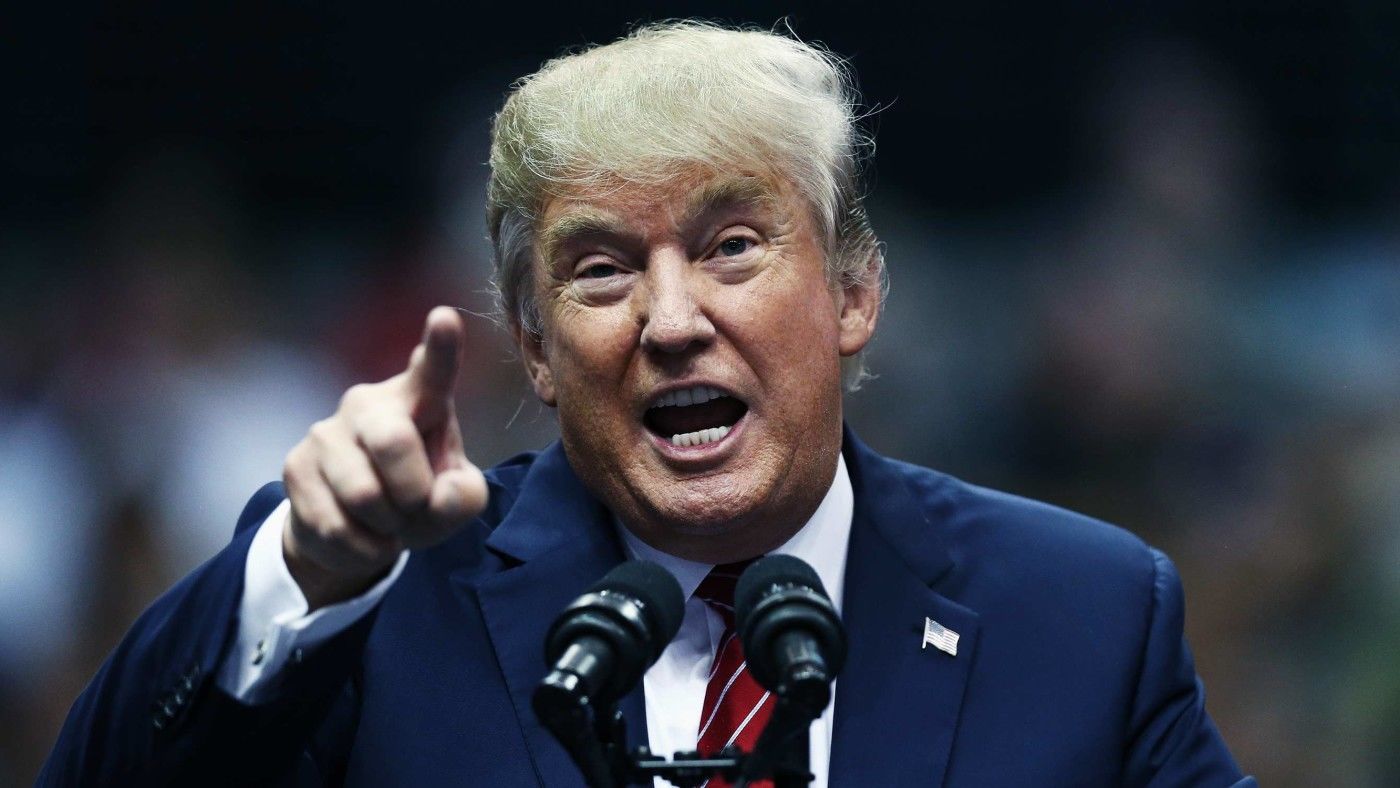Last week we had Barack Obama threatening to send Britain to the “back of the queue” if America’s best friend in the world (so Mr Obama and US voters keep saying) had the audacity to vote for what the United States of America already enjoys – an ability to decide which immigrants enter the country to live and work; its own supreme court; and a legislature that can respond to the will of voters without deferring to more than two dozen governments. Previous YouGov opinion surveys for CapX have already revealed that few US voters would vote to join anything like the EU and most Americans also think that, unlike Mr Obama, Britain should never be sent to the back of the queue.
In the last 72 hours we have also had prominent voices in US politics and finance say that they also think a US-UK trade deal would be a priority, if Britain votes for Brexit. Republican presidential candidate Ted Cruz declared as much in an OpEd for today’s Times of London. “If Brexit takes place,” wrote the Texan senator, “Britain will be at the front of the line for a free trade deal with America, not at the back.” Hurrah!! Although he is probably instinctively sympathetic to Brexit – noting, critically, that Mr Obama had “elevated an international organisation over the rights of a sovereign people” – Mr Cruz declined to give Britain the opposite advice that Mr Obama had delivered last week, when he stood alongside a nodding David Cameron: “I believe,” he wrote, that “Britain’s future in Europe is a matter for the British people to decide. If Britain does vote to leave the EU, the United States should respect that decision — and treat it as an opportunity for our own country.”
The Wall Street Journal also saw a UK exit from Brussels’ control as an “opportunity”. In an editorial in its Monday edition it concluded:
“The problem—apart from the blunt political threat to a stalwart ally—is that Mr. Obama is stating his policy choice, not what is inevitable. The U.S. is negotiating a trade deal with the EU, but the talks haven’t been going well in part because of the demands of the EU’s multiple special interests and French economic nationalism. The talks might extend into the next U.S. Administration, and they could fail. The next American President would be wise to begin a trade negotiation with a Tory Britain that is outside the EU—for the deal’s own economic benefits but also to improve U.S.-U.K. ties and provide leverage with the EU to ease the regulatory burdens it wants to impose as part of a trade deal. Our advice to British voters is to ignore Mr. Obama, who is a short timer, and vote in June based on what would make Britain stronger and more prosperous.”
In other words it might be both easier and more advantageous for America to do a deal with a Britain first and challenge the rest of the cumbersome, dirigiste, only-moves-as-fast-as-the-slowest-member-state-in-the-convoy EU to follow – if the French would allow it.
One man who is likely to have a big say in which trade talks advance or falter is the recently-elected Speaker of the House of Representatives, Paul Ryan. For reasons explained in this insightful New York Magazine piece Paul Ryan will likely hang on to his job and majority, despite the GOP’s Trump-sized problems. So it matters when Ryan says that “I don’t think we should butt our noses into other countries’ internal decisions like that [and] we will support our relationship with Britain regardless of what they do”. The third most powerful politician in America (and who’ll still likely be in office when Messrs Obama and Biden are spending even more time on the golf courses of the world) added: “England is our greatest ally”*.
But Ted Cruz’s intervention might have carried more weight if he hadn’t just been trounced in the five north-eastern state primaries that voted the day before. Few expected Cruz to do well in these far-from-the-Bible-belt territories but his moral let alone electoral credentials for elbowing Donald Trump aside as the presumptive GOP nominee are hardly enhanced when he won just 10% of the vote in Rhode Island (compared to Trump’s 64%) and, for example, 22% in the could-just-possibly-be swing state of Pennsylvania (where Trump won 57% of GOP primary voters). Those of us who’ve regularly been clinging on to the fact that Trump has only gleaned an average of 38% in primaries so far (and, consequently, has an questionable democratic legitimacy upon which to impose his unprecedented candidacy on a nervous party) have to note that that particular fact might, regrettably, have expired. The billionaire hotelier has scored more than 50% in all six of the last votes and is at 43% in the RCP average poll of polls for the GOP race (and rising). That January talk of a 30% ceiling for Mr T has gone the same way of the Jeb, Rubio and Carly Fiorina candidacies… but talking of Ms Fiorina…
Senator Cruz has to now win in Indiana next Tuesday to have any hope of stopping Mr Trump being the automatic nominee. And he’s throwing everything at the possibility. He did a deal with Governor John Kasich on Sunday night so that Mr Kasich would not campaign in Indiana (after saying he wouldn’t do deals – giving Trump an easy hit on “Lyin’ Ted”) and today, almost without precedent (Ronald Reagan announced a running mate in 1976 in his unsuccessful bid of that year for the nomination) will announce that the ex-Hewlett Packard CEO (UNTIL SHE WAS ESSENTIALLY FIRED!!!) is his VP pick. I fear Trump is now unstoppable and I’m left with just two questions for now: Will the Donald send Britain back to the queue or, given his free trade scepticism, will there be any queue at all?
* With my apologies to Scots, the Welsh and the Northern Irish.


